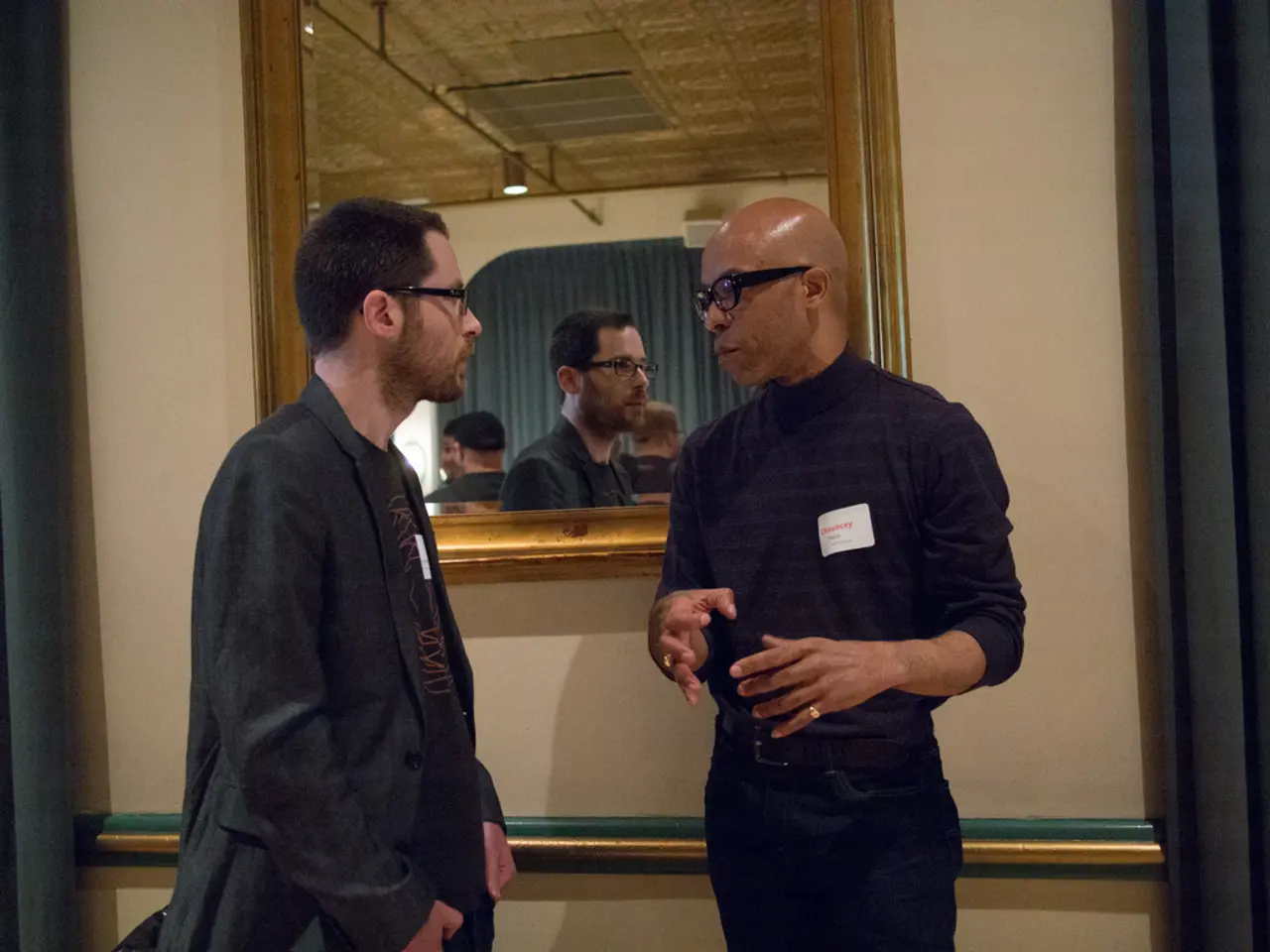AI development for Ghanaian languages led by Paul Azunre - Challenges Abound in the Process
Artificial intelligence (AI) is a global trend, with countries like the US and China investing heavily in AI development, including the manufacturing of chips for AI processing. However, the financial challenge significantly impacts the development of AI in Africa, including Ghana's Natural Language Processing (NLP) initiatives.
Dr. Paul Azunre, co-founder of Ghana NLP, is confronting systemic inequities in building NLP systems for Ghanaian languages. Despite the financial hurdles, his team has managed to develop the world's first machine translation and speech systems for several Ghanaian languages, as well as for Kikuyu from Kenya, with fewer resources than their international counterparts.
Financial constraints limit the transition from pilot studies to fully integrated operational systems, restrict the availability of skilled talent, and constrain necessary infrastructure investments. High upfront costs and the difficulty of demonstrating clear return on investment often restrict AI deployment at scale in Ghanaian financial institutions and AI-driven projects.
Ghana NLP faces these challenges, but working with native speakers has been a positive experience. The team values high-quality data, even if it results in smaller volumes, over large volumes of data automatically scraped by corporations.
The lack of local institutional support is another hurdle. The government's contribution to such efforts is still lacking, and Mr. George, Ghana's Minister of Communications, Digital Technology and Innovation, plans to review the current AI strategy developed by the previous government and engage industry to achieve Ghana's goal of becoming the AI hub on the continent.
Despite these challenges, Ghana NLP's impact has been far-reaching. Doctors use their tools in remote communities, teachers introduce AI to youth, and startups are built on top of their APIs across Africa. The team is already working towards building practical, commercial tools-apps that solve urgent local problems.
Translating local languages in Africa with AI is complex, and Ghana's unique linguistic diversity complicates things further. Dr. Azunre emphasizes a community-driven approach to sourcing data and ensuring data quality for Ghana NLP's work.
However, the biggest challenge for Ghana NLP's work, according to Dr. Azunre, is the lack of funding to compensate people for their consistent efforts. He urges African AI developers to think beyond the Silicon Valley hype and build more efficient, smaller offline models to contribute something different to the AI knowledge pool.
Tech giants like Meta, according to Dr. Azunre, often use the open-source ideal as a way to extract value from under-resourced regions without providing fair compensation. Foreign corporations, foundations, and other entities are often surprised when the subject of compensation is brought up in relation to African languages.
On January 31, 2025, Mr. George made a promise to make Ghana the center and hub of Artificial Intelligence (AI) within four years. Local support, fair compensation, and overcoming financial challenges are crucial steps towards achieving this goal.
Despite not benefiting financially over the past ten years, Dr. Azunre is happy to see that the work Ghana NLP is doing speaks for itself and stands against precarious odds in an environment of greed, exploitation, corporate and government corruption. Looking ahead, Dr. Azunre sees opportunities in building practical, commercial tools-apps that solve urgent local problems.
Artificial-intelligence developments in education-and-self-development areas, such as language translation and speech systems, are crucial for personal-growth in Ghana, as demonstrated by Dr. Paul Azunre and his team at Ghana NLP. However, the lack of funding remains the biggest challenge for Ghana NLP, hindering the transition from pilot studies to fully operational systems and leading to a need for African AI developers to think beyond traditional models and focus on efficiency and fair compensation.




